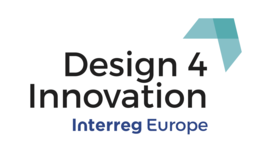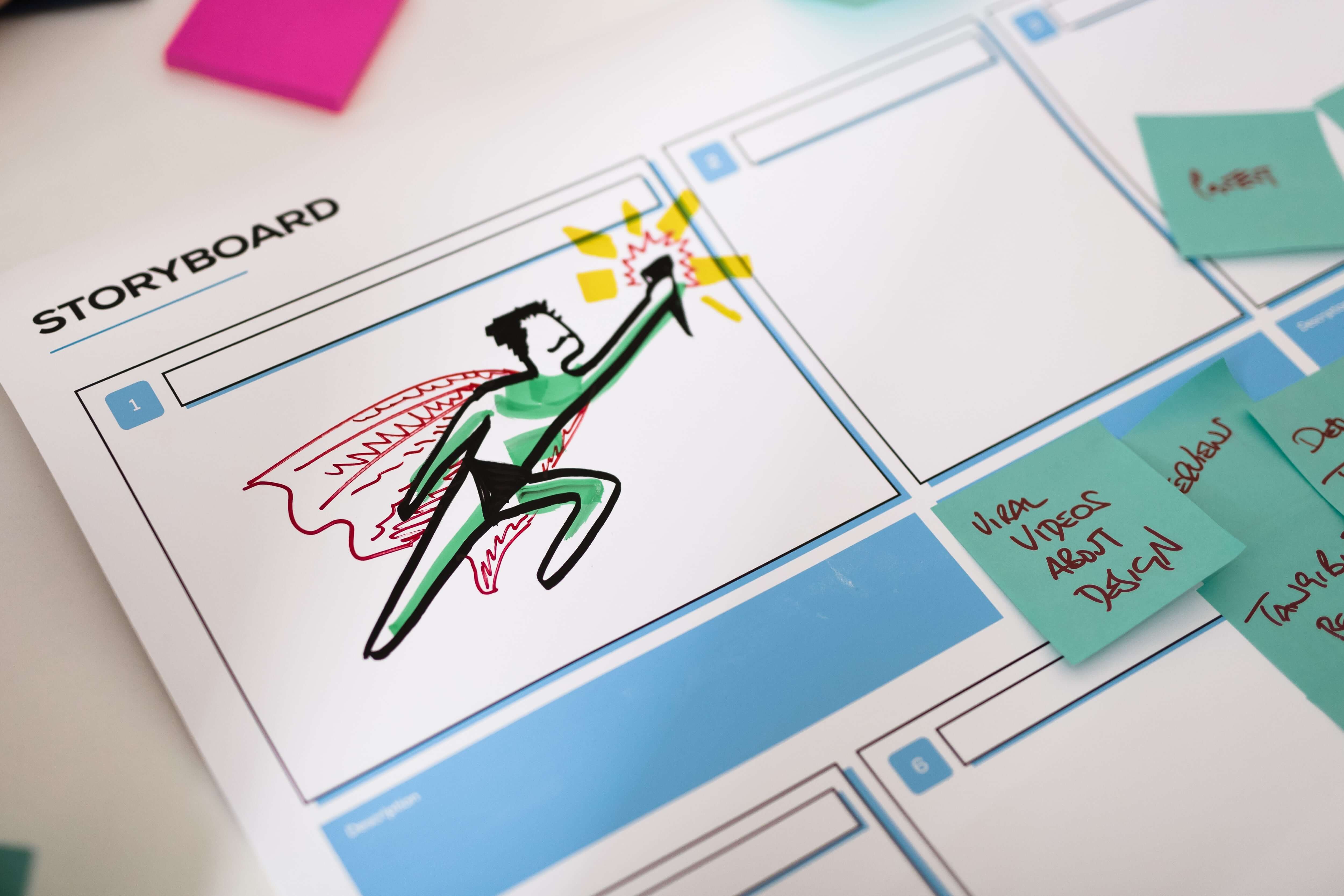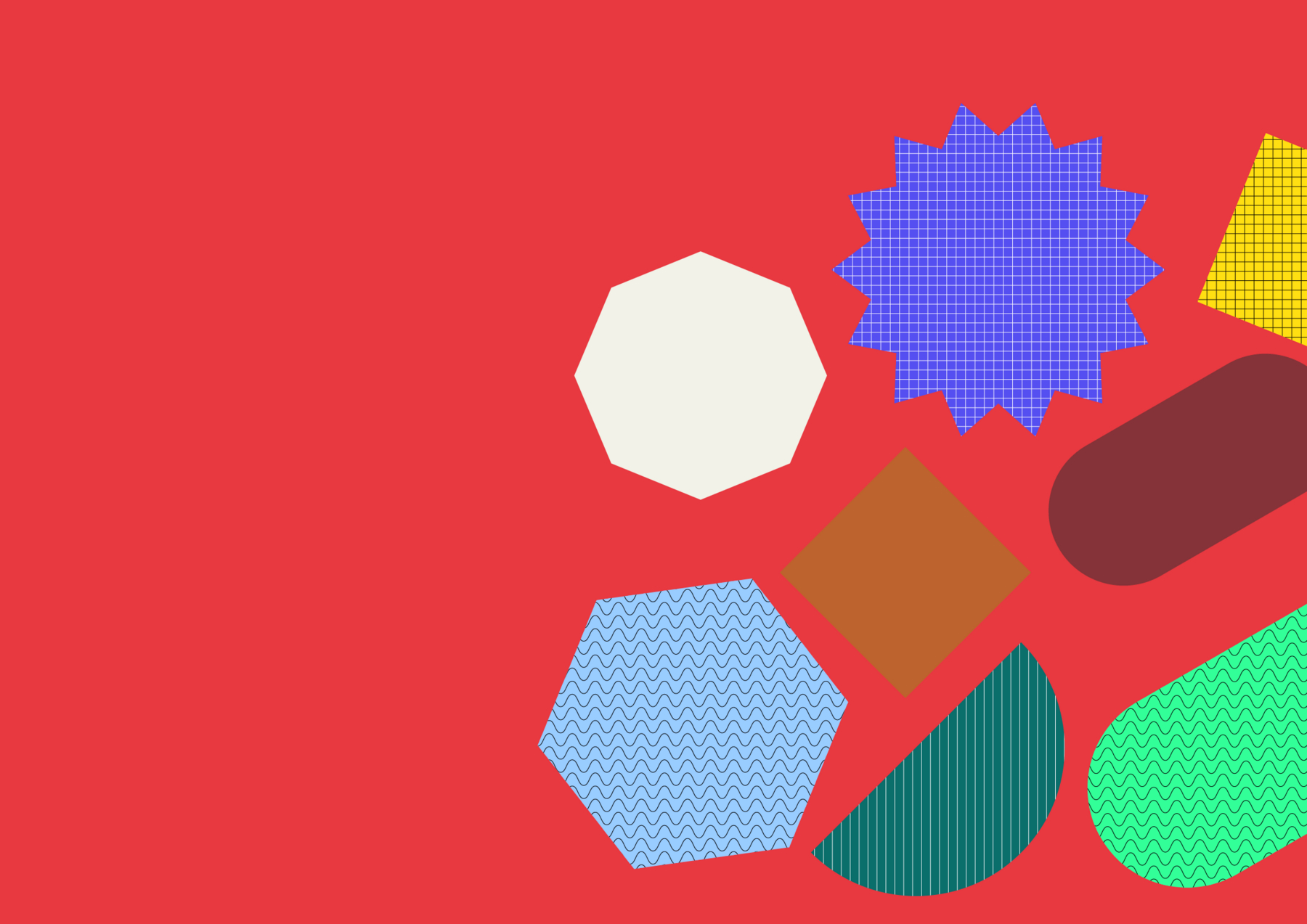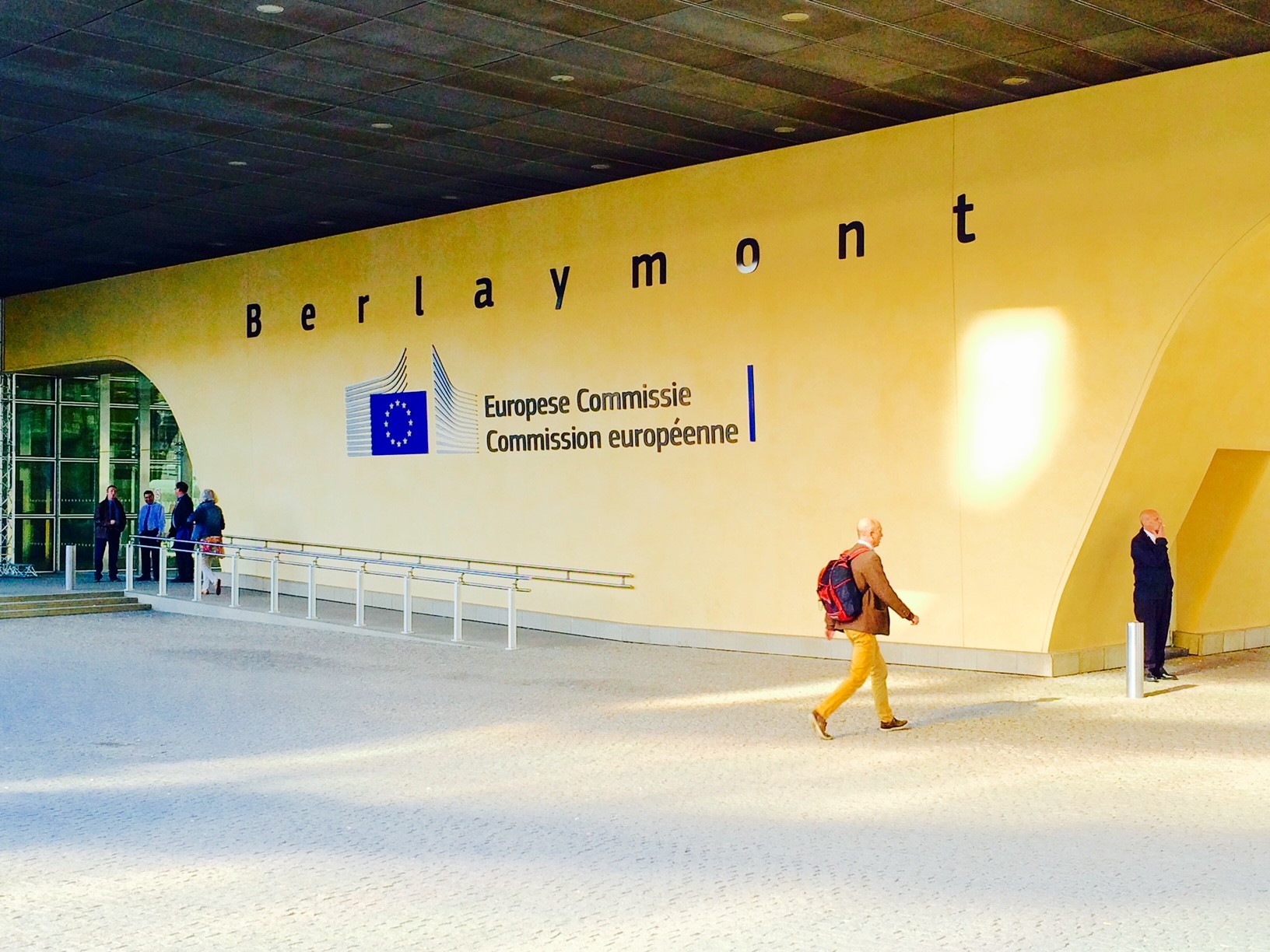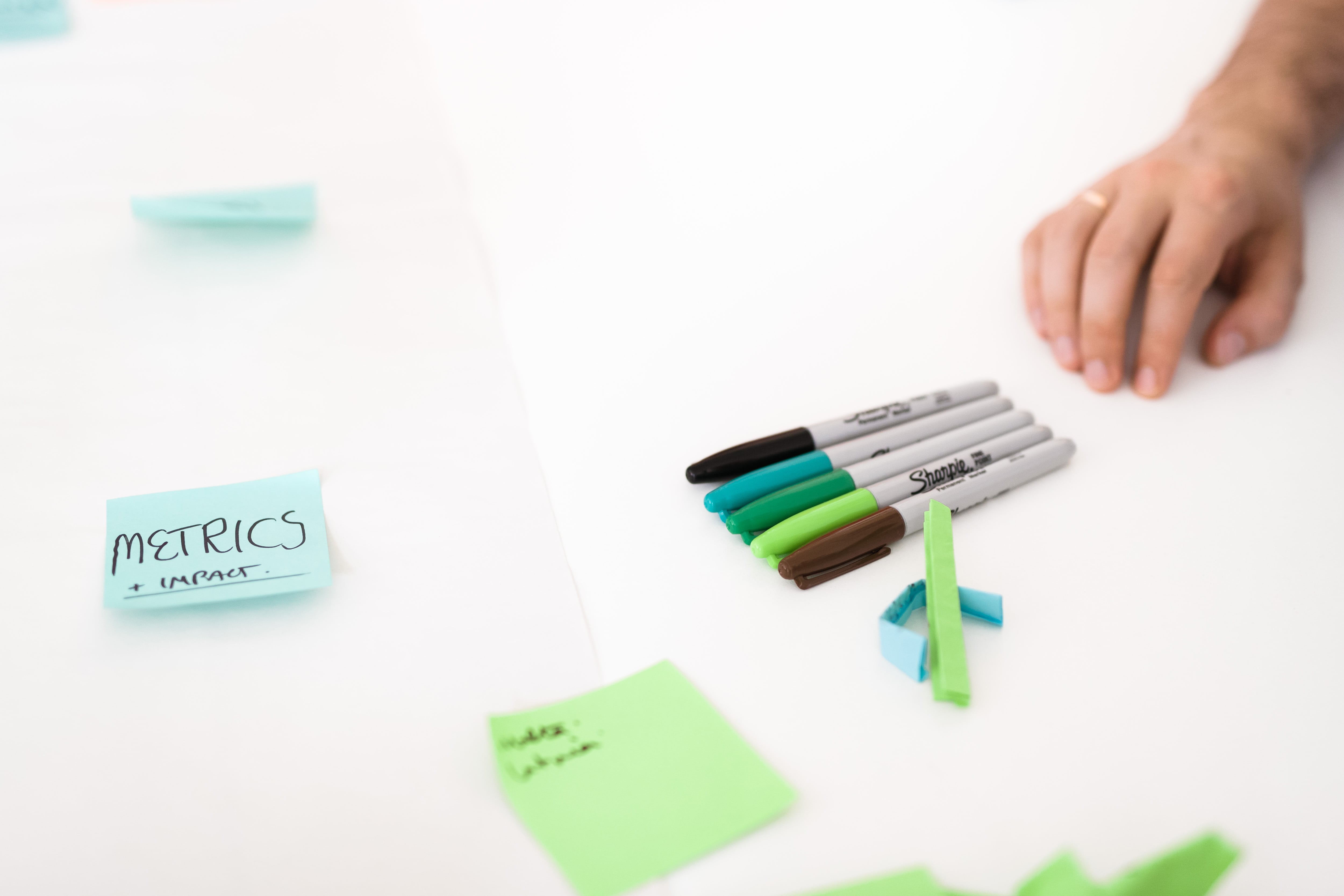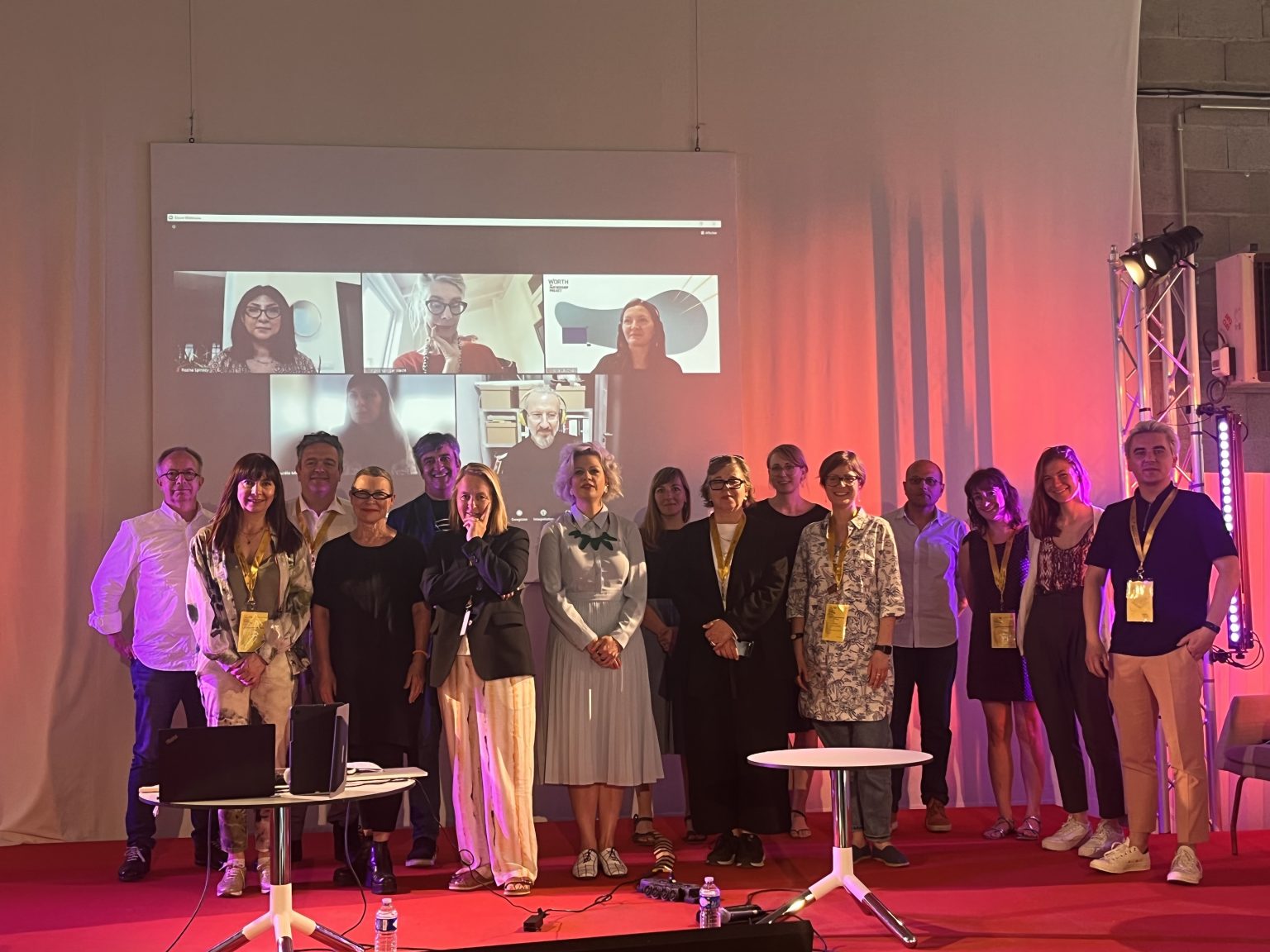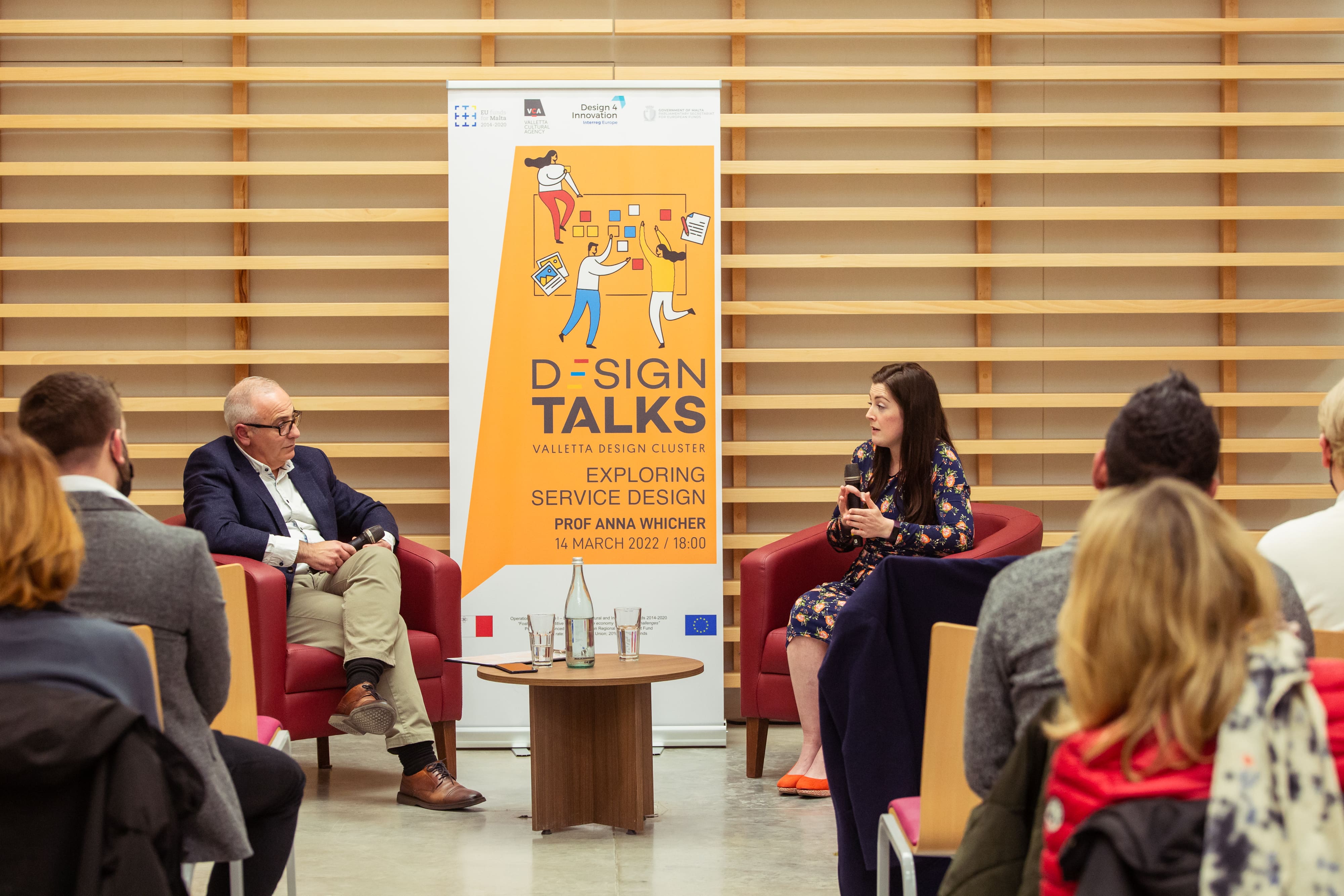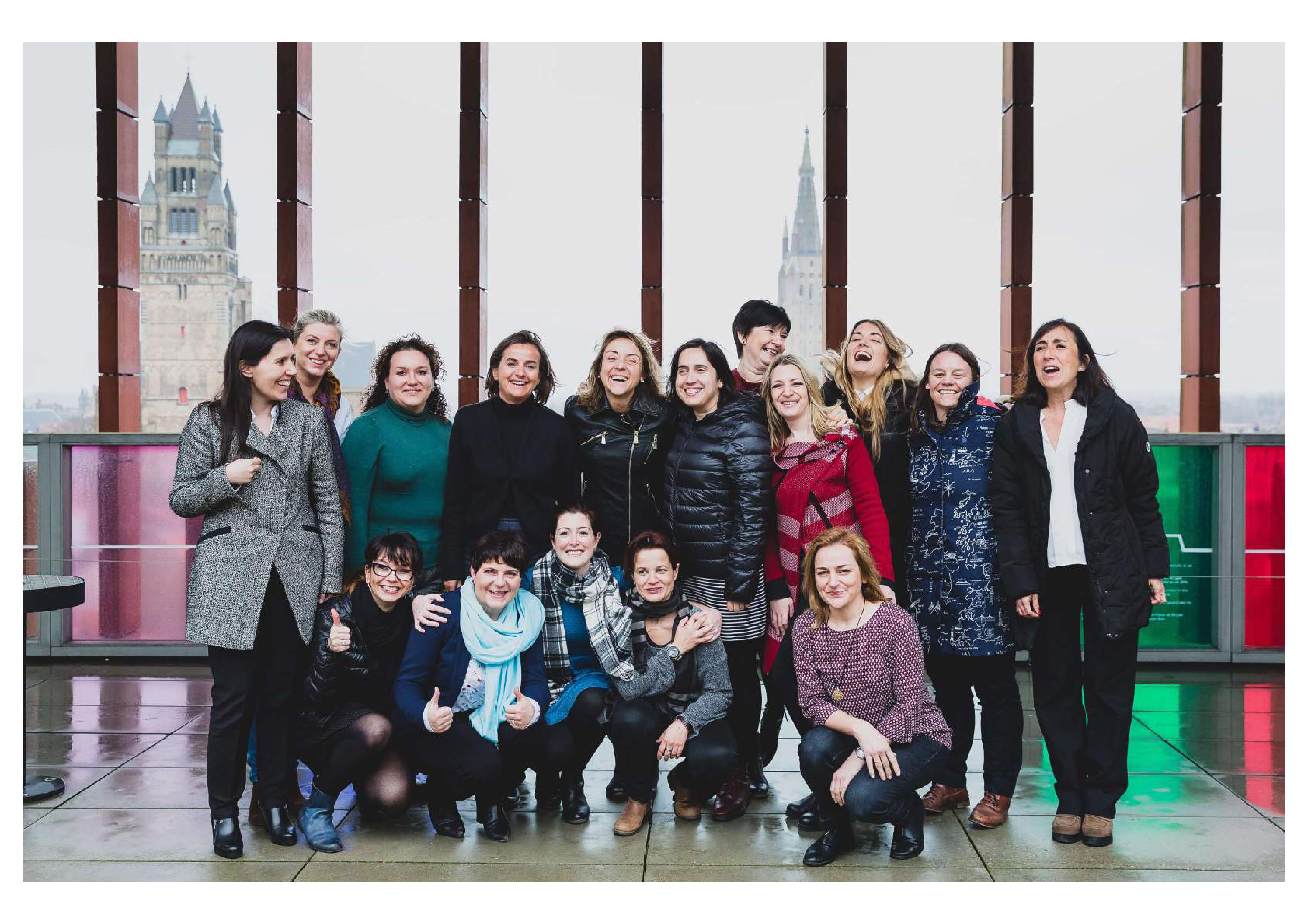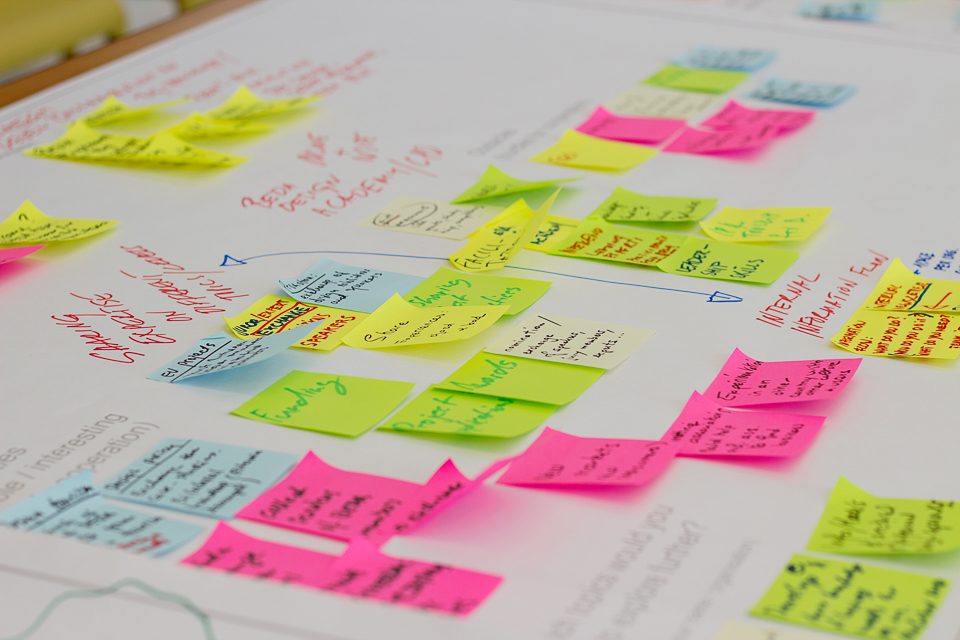Long, unclear and slow processes, excessive paperwork and mismanaged expectations are often quoted to be the main pain points of accessing public support for innovation and business growth. Such experience can undermine the main goal of the support, be perceived as a waste of time and ultimately discourage businesses from taking up innovative approaches.
On the other hand, business support organisations (BSO) need to ensure that public money is invested in the interest of the whole economy and society; and spent in an effective and righteous way. Too often however, support programmes are being developed to satisfy complex and strenuous public procedures while losing sight of their final users – entrepreneurs.
DestinationUX is a new collaborative project aiming to bring user perspective in innovation programmes development and ultimately improve experience and increase the satisfaction of SMEs accessing public support. Led by KEPA – Business and Cultural Development Centre, the H2020-funded project uses Twinning Advanced Methodology, to exchange expertise between project partners (KEPA, PDR and PARP – Polish Agency for Enterprise Development) and propose a solution that can be used by all BSOs in Europe.
During the first peer-learning workshop, hosted by PARP in Warsaw on 30th and 31st October 2019, we have discussed and analysed the following examples:
- Re:Connect, a programme made by design for design, KEPA
- The Greek System for Innovation Support Programmes, KEPA
- Poland Prize and Grants for Design Programme as an example of different approaches to designing instruments for entrepreneurs, PARP
- Design Starter Inno_LAB; Design Thinking process for Polish furniture manufacturers, PARP
- GOV LAB – how we teach local government units to design programmes for enterprise, PARP
- Designing a consistent customer experience across all SMART Suite departments at Welsh Government, PDR
- Improving ‘By Design’ grant experience through beneficiary experience & impact survey and co-creation workshops, PDR
Those will be turned into case studies for the Design Option Paper – a manual and toolbox for innovation agencies on how to develop new and improve existing support programmes while giving the priority to final user experience. During the workshop in Warsaw, we shared design tools that we have used in our projects and developed the first iteration of the toolkit.
Stay tuned for more information.
